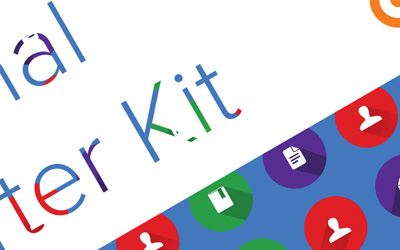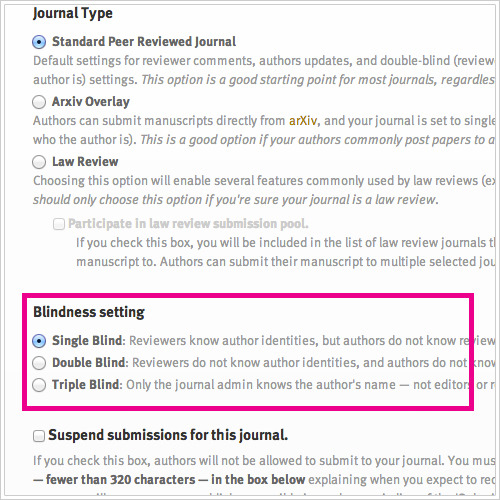
If you’ve read our blog for a while, you probably know that Scholastica is passionate about providing infrastructure that enables scholars to manage and publish peer-reviewed journals themselves. It’s a lofty goal and we’re far from completing our vision – at the same time, though, we’re proud of how far we’ve come and very thankful to those who have been with us up to this point.
While Scholastica is not currently, and has no designs to be in the future, an application used only within the legal scholarship world, we are very proud to work with a substantial number of law journals. As we’ve read the press and spoken to authors, editors, and reviewers, we see that many people think the legal publishing process is broken.
In this post I’d like to touch on ways that we think Scholastica can help make the process better, and do so through directly responding to quotes from articles and comments from scholars we’ve seen on the web.

Our team has always believed in the strength of blind peer-review. That’s why single, double, and even triple-blind peer review options are baked into Scholastica as one-click options! Journal editors: if you want to move towards a blind review process, the option is at your disposal. Authors: if you think journals should institute blind review, let them know that the infrastructure for them to do so is available right in Scholastica.
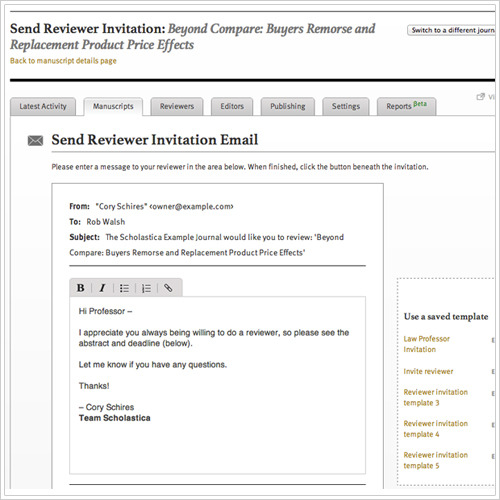
Any user who signs up for a Scholastica account, or for that matter anyone with an email address, can be invited by a journal using Scholastica to be a peer-reviewer. This has been a part of Scholastica since day one. Journal editors across disciplines have told us that one of their greatest challenges is finding peer reviewers, so we’ve made it easy for them to look across the profiles of users across Scholastica and invite any potential reviewer that they might think is a good fit. The infrastructure to provide greater peer review is there and it’s up to the legal scholarship community to take advantage of it. Users can of course reject invitations to review, and users can let us know if they ever receive too many invitations (which, luckily, has not happened yet).
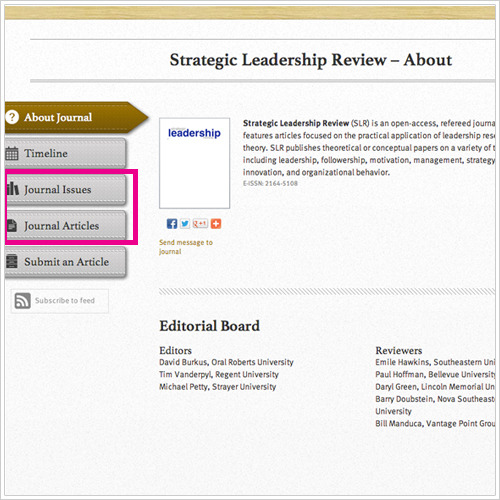
Scholastica helps journals receive submissions, find/manage peer-reviewers, and – if the journal chooses to – they can publish accepted articles online.
We want to help scholarship stay timely, so we have built-in functionality to publish individual articles on a rolling basis. Of course, journals can still publish issues if they like – but the infrastructure to do something different is there for any journal that wants to take advantage of it.
Journals can also publish “posts” such as announcements or calls for paper or really anything. This enables journals to immediately comment on the most pressing and interesting issues of the day rapidly. Finally, anything published by a journal – articles, issues, and posts – are all available to be followed by using a journal’s feed.
4.“Something like real-time information about whether editors are a. reading submissions…”
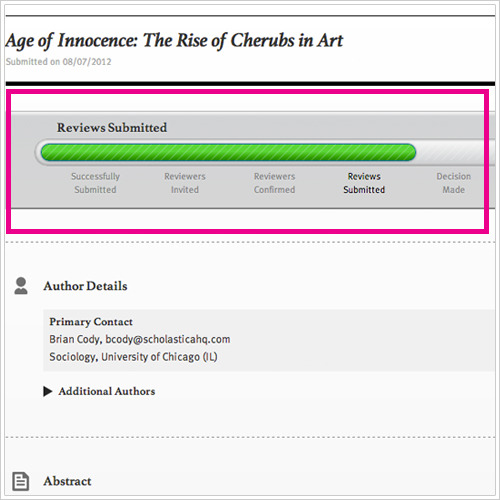
Scholastica has a one-click setting that journals can enable that allows authors to see a visual representation of where they are in the review process. Authors can also receive email updates throughout the peer-review process so they know when reviews are written, when decisions are made, etc. The editors’ and reviewers’ identities and comments remain hidden and anonymous, but the author has a better idea of what’s happening with their manuscript.
5.“…how long the journal takes to respond, and this information would be visible”
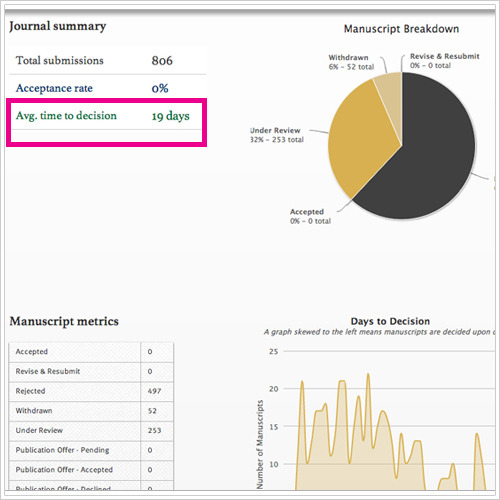
Scholastica gives every journal statistics and graphs on their response times in our Reports Beta. We’d love to talk to more authors and editors about the feasability of making these sorts of stats public.
6.“I’d like for my institution to pay for my submissions”
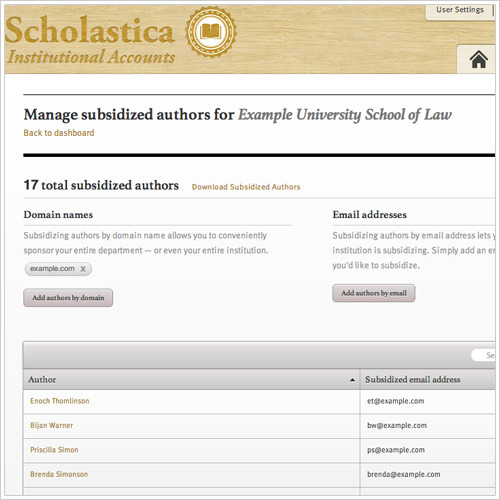
This is a big one. Some legal authors are unaware that their institutions foot the bill for their submissions to law journals through ExpressO or Scholastica. Some submission systems manage these institutional accounts with faxed PDFs of authors names and emails – while Scholastica has a complete online institutional account management system to make things easier for both law school administrators and authors: http://www.institutions.scholasticahq.com. Institutions can manage their account by either:
Automatic Invoicing: Your card will be automatically billed every month for any author submissions during that time frame. Learn more
Pre-purchased credits: Pre-purchase a credit package and we will automatically deduct the appropriate number of credits whenever your authors submit a manuscript. There are volume discounts available via these credit packages. Learn more.
In closing
I’d like to close out this post by noting that Scholastica is made up of a few friends who met in graduate school that want to make academic publishing better. We want to help push scholarship forward.
Since we’re working with a lot of law journals, I just wanted to make it more apparent to the law community the ways that Scholastica can help legal scholarship. Now that you know the infrastructure is there, you’re welcome to create your own journals or ask existing journal editors to try doing things in a different way.
We talk with scholars across a range of disciplines every week about their challenges in the academic publishing world, and I’d like to especially invite any legal scholars to get in touch with their thoughts. I’m Rob and you can contact me at rwalsh@scholasticahq.com.
Rob Walsh
Team Scholastica

